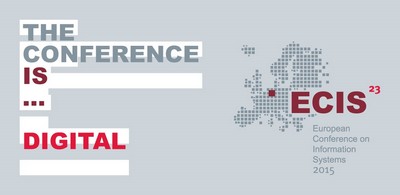DOI
10.18151/7217332
Abstract
Service digitization increasingly impacts work and life. A frequent example is Internet banking. While customers act independently from time and space constraints, banks benefit from significantly lower transaction costs compared to branches. However, customers use online channels for distinct transactions and favor physical interactions with bank advisors for others. To understand the underlying drivers for the intention to use digital banking services, we derive a research model that is theoretically grounded in the Information Processing View. It is validated in a quantitative study with 338 evaluations among retail banking customers. The results indicate that customers’ information requirements and process risk negatively impact intended digital process use. In contrast, process experience positively impacts the intended digital process use. This paper is, to our best knowledge, the first to explore the role of information requirements and process-specific characteristics in detail. It guides practitioners in establishing more effective and efficient digital banking services.
Recommended Citation
Graupner, Enrico; Melcher, Fabian; Demers, Daniel; and Maedche, Alexander, "Customers' Intention to Use Digital Services in Retail Banking - An Information Processing Perspective" (2015). ECIS 2015 Completed Research Papers. Paper 61.
ISBN 978-3-00-050284-2
https://aisel.aisnet.org/ecis2015_cr/61


